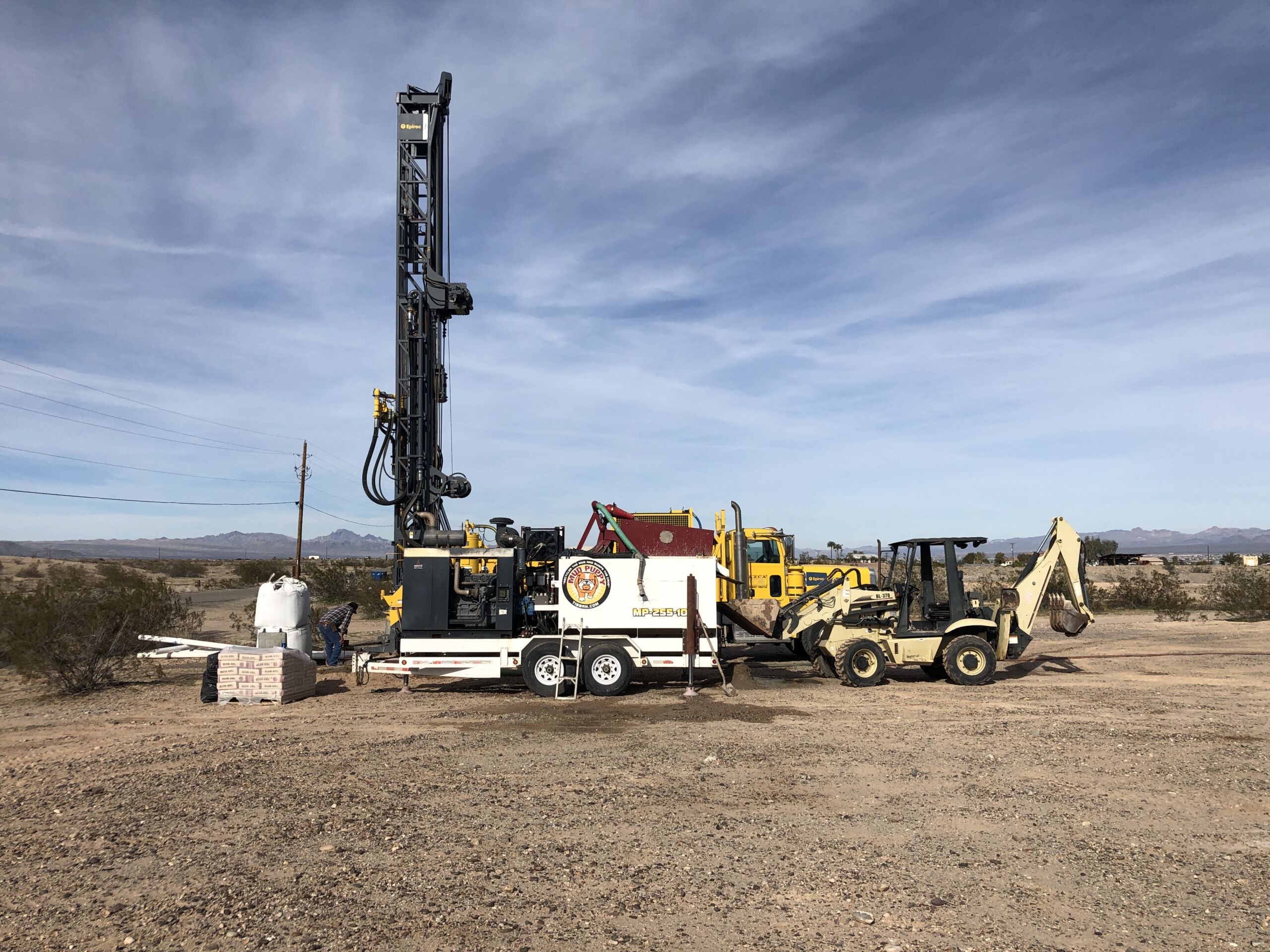Tennessee Water Well Drilling Contractors
Find qualified Water Well Drilling contractors in Tennessee using our contractor lookup tool. Learn more about NGWA Contractor Certifications here.
Landers Well Drilling
Shelbyville, TN 37160-3784
United States
Henry Drilling LLC
Franklin, TN 37064-3609
United States
Watson Company Inc
Lascassas, TN 37085-4451
United States
James Mills Well Drilling
Pikeville, TN 37367-7269
United States
Mills Pump Service
Pikeville, TN 37367-9412
United States
Tri State Drilling LLC
Chattanooga, TN 37416
United States
M and W Drilling LLC
Knoxville, TN 37931-2438
United States
Find Water Well Drilling In
Frequently Asked Questions
What is a drilled well?
A drilled well consists of a hole bored (a borehole) into the ground, with the upper part or the entire depth of the well being lined with casing. Drilling is most typically conducted with a portable drilling machine brought to the site to construct the borehole. Various methods are used to advance the borehole to the necessary depth, and to remove formation material loosened and suspended by the drilling bit and fluid circulation or bailing system.
Read moreDoes water well drilling require a license?
In the United States, most states require licensing of water well contractors, and in most cases, this means that licensed contractors have passed tests and met certain professional requirements to obtain their license. Canadian provinces, Australian states, and New Zealand also use qualification-based licensing. To find out if a contractor is licensed, contact your state government (licensing is often handled by the Department of Natural Resources or Department of Health).
Read moreWhat is a Certified Well Driller (CWD)?
The Certified Well Driller (CWD) designation from the National Ground Water Association (NGWA) encompasses general industry knowledge as well as practice and expertise in at least one well drilling method.
To achieve NGWA certification, contractors must pass exams testing their technical knowledge, and they must have at least twenty-four consecutive months of full-time groundwater contracting experience. They maintain their certification by obtaining continuing education credits annually.
Read moreTennessee Groundwater and Water Well Statistics
Few states can accurately or confidentially determine how many residential wells are in place. For each region, the American Housing Survey by the U.S. Census provides regional data.
Tennessee is found in the South, along with these other states: Maryland, Delaware, Virginia, North Carolina, South Carolina, Georgia, Florida, Alabama, Mississippi, Texas, Oklahoma, Arkansas, Tennessee, and Kentucky.
The last American Housing Survey Census indicates this region had 4,360,0002 households served by residential wells, with an average of 2.553 persons per household. The USGS estimates the population of self-supplied water supply users in Tennessee to be 594,000, with 100% of their water supply from groundwater.
- 159 community water systems use groundwater for 1,507,200 people
- 20 non-community, non-transient water systems use groundwater for 8,000 people
- 277 non-community, transient water systems use groundwater for 53,000 people
- 1,470 irrigation wells used serving 566 farms and 126,000 acres
Water Well Drilling Articles and Resources
Mud Rotary Drilling Method: What You Need to Know By Gary L. Hix, R.G., CWD/PI There are many different ways to drill a domestic water well. One is what we call the “mud rotary” method. Whether or not this is the desired and/or best method for drilling your well is something more fully explained in this brief summary. Air and water are both fluids […]



